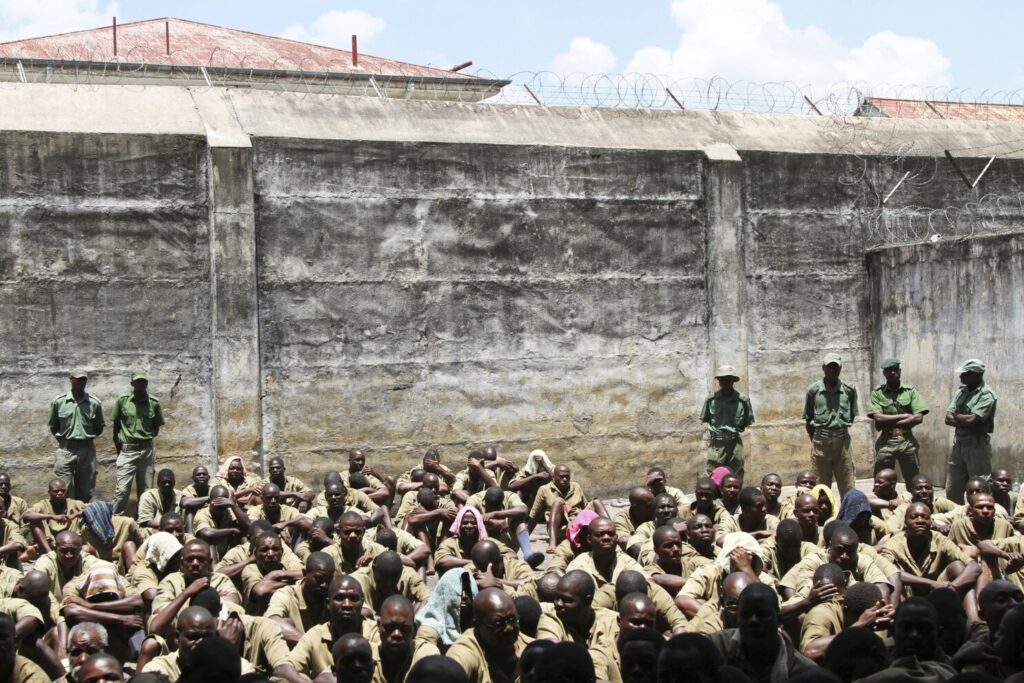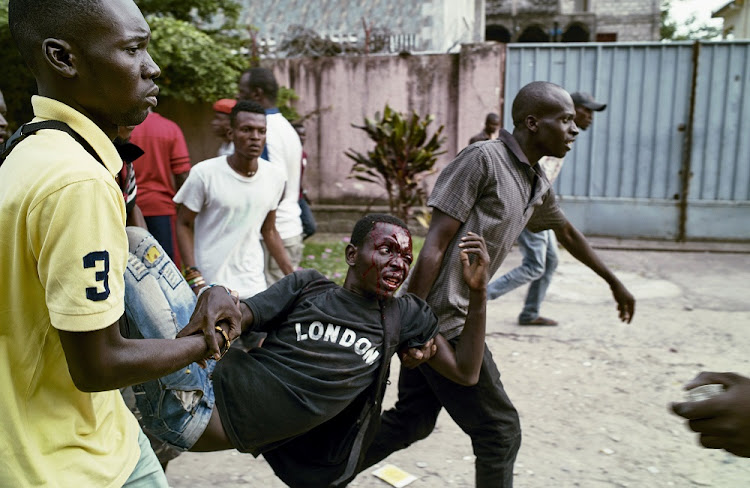The Congolese government executed 102 men in the past week, with 70 more awaiting execution, the country’s minister of justice confirmed Sunday in a statement. The executions took place at Angenga prison in northwest Congo, targeting individuals identified as “urban bandits,” locally known as Kulunas.

According to the statement, the men, aged 18 to 35, were convicted of armed robbery and other violent crimes. Forty-five were executed in late December, while the remaining 57 were put to death within the last 48 hours.
A flight carrying 70 more prisoners from Kinshasa arrived at Angenga prison recently, though officials declined to comment on their status.
Minister of Justice Mutamba, who oversees the executions, said Sunday night, “The third batch will be executed, so the first two have already undergone the measure of execution by the death penalty.”
The decision to resume capital punishment has sparked mixed reactions across the Democratic Republic of Congo (DRC). Some citizens view the measure as necessary to combat escalating urban crime, while others voice concerns over potential abuses and human rights violations.
“We welcome this decision by the minister because it will help put an end to urban crime. From 8 p.m. onwards, you can’t move around freely because you’re afraid of running into a Kuluna,” said Fiston Kakule, a resident of Goma, an eastern city.

Human rights activists, however, raised alarm over the risk of extrajudicial executions. Espoir Muhinuka, a prominent activist, emphasized the need for strict adherence to judicial procedures and warned against political interference.
“The situation in the DRC is complex and requires a multidimensional approach. The fight against urban gangs must go hand in hand with efforts to combat poverty, unemployment, and social exclusion, which often contribute to crime,” Muhinuka said.
Congo abolished the death penalty in 1981 but reinstated it in 2006, initially applying it only to military personnel accused of treason. The last official civilian execution occurred in 2003.
In March 2024, the government announced a renewed application of capital punishment. Earlier this year, eight soldiers were sentenced to death for fleeing battle, and 25 more were convicted of similar offenses in July, though none have reportedly been executed.



